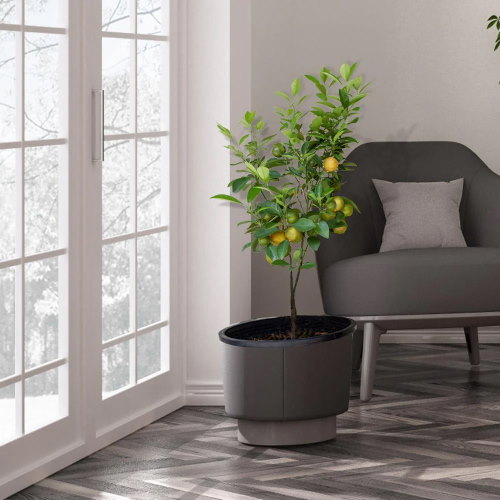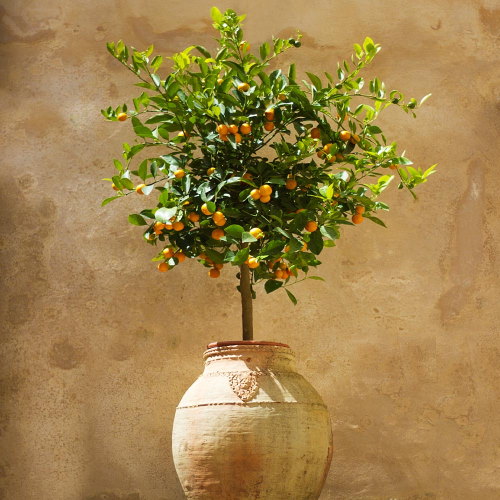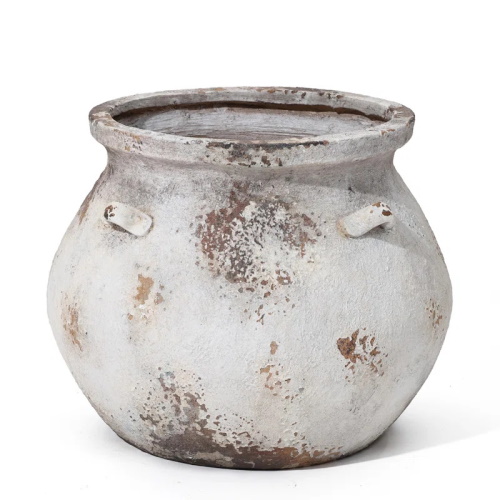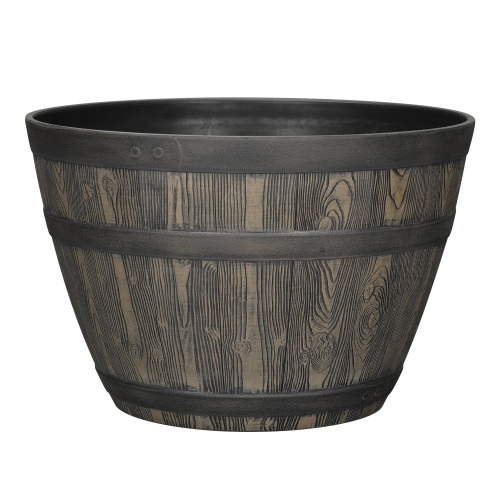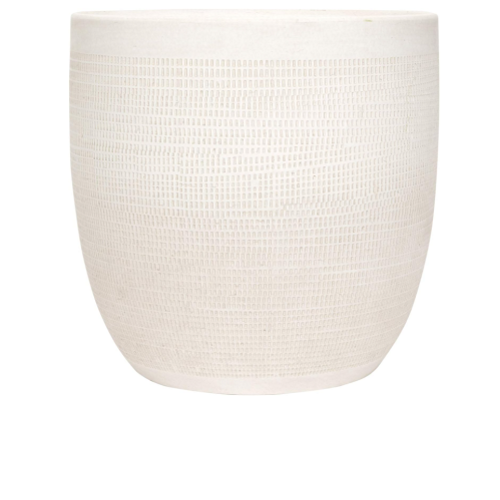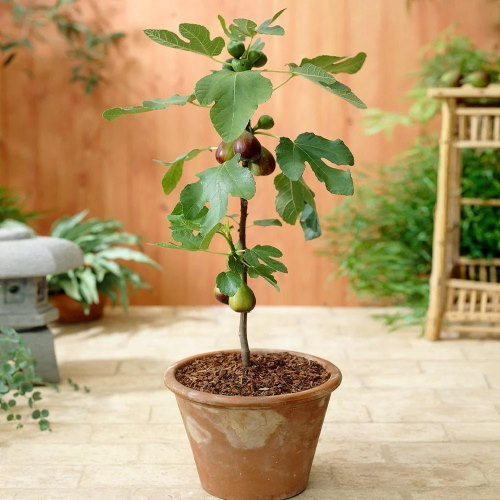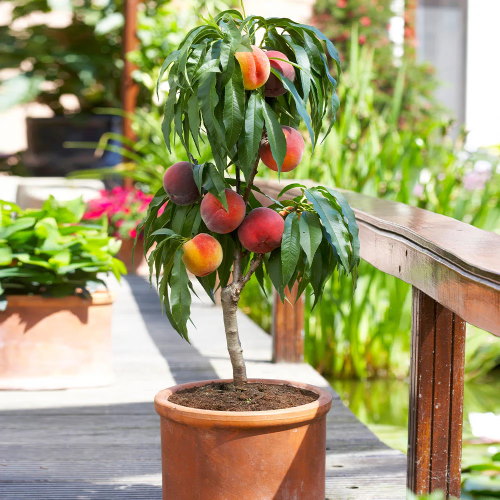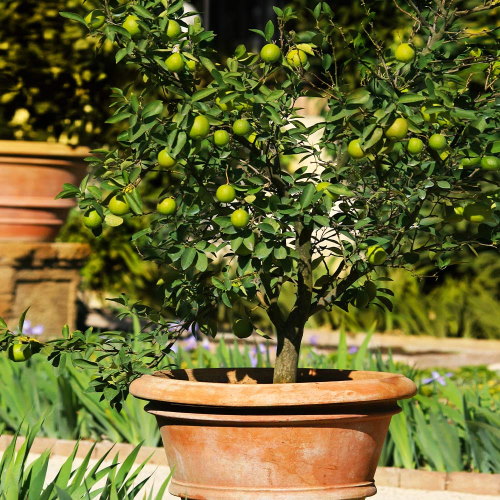5 of the easiest fruit trees to grow in pots – for successful harvests in a container garden or indoors
These fruit trees are simple to grow on a deck, patio, balcony, or in a sunny spot in a greenhouse, conservatory, or porch
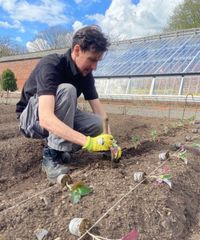
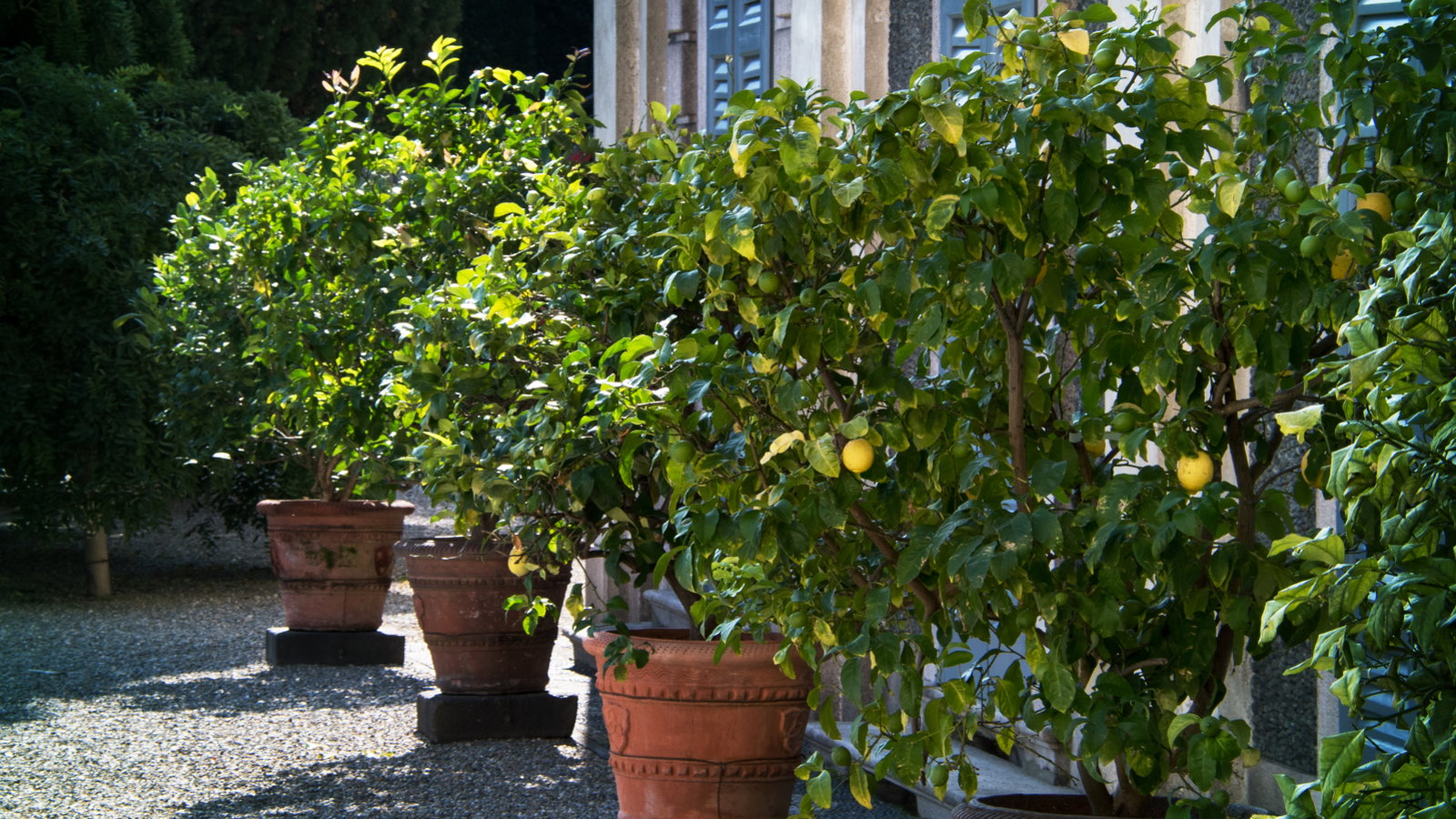
Design expertise in your inbox – from inspiring decorating ideas and beautiful celebrity homes to practical gardening advice and shopping round-ups.
You are now subscribed
Your newsletter sign-up was successful
Want to add more newsletters?

Twice a week
Homes&Gardens
The ultimate interior design resource from the world's leading experts - discover inspiring decorating ideas, color scheming know-how, garden inspiration and shopping expertise.

Once a week
In The Loop from Next In Design
Members of the Next in Design Circle will receive In the Loop, our weekly email filled with trade news, names to know and spotlight moments. Together we’re building a brighter design future.

Twice a week
Cucina
Whether you’re passionate about hosting exquisite dinners, experimenting with culinary trends, or perfecting your kitchen's design with timeless elegance and innovative functionality, this newsletter is here to inspire
Fruit trees in pots can bring flowers, fragrance, and tasty fruits to any space. They are very rewarding to grow but some gardeners may be put off by a perceived notion of them being high-maintenance. That is not always the case, so what are the easiest fruit trees to grow in pots?
Modern advancements in breeding mean that dwarf varieties of many fruit trees are now commonly available. These varieties are ideally suited to growing and thriving in containers, whether on a deck, patio, balcony, or indoors.
This guide looks at the easiest and best fruit trees to grow in pots that will be low maintenance and reward you with harvests of delicious fruit for cooking, baking, or snacking straight off the tree.
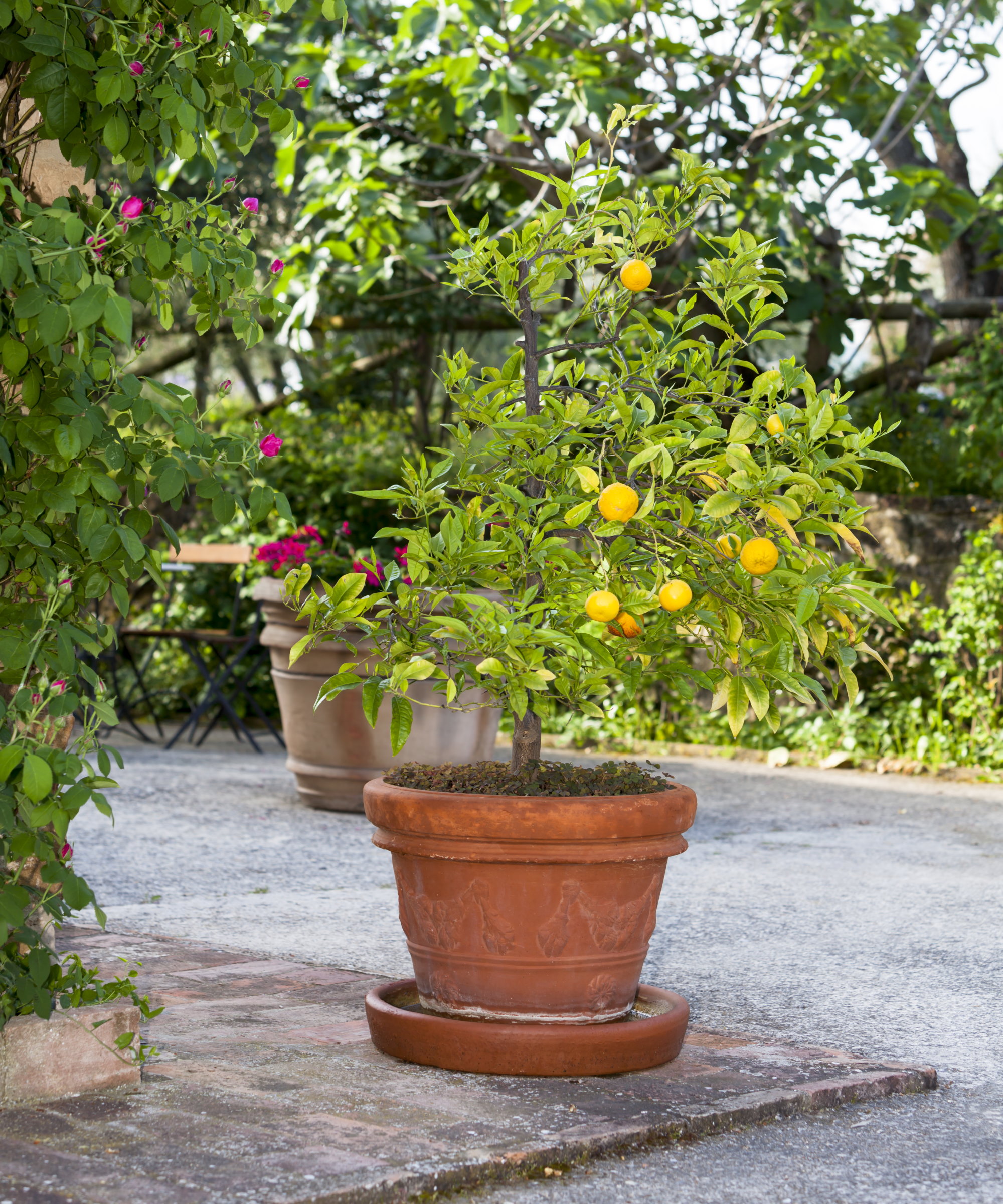
The 5 easiest fruit trees to grow in pots
Many different fruit trees are suited to container gardens and some rank among the easiest fruit trees to grow. I have grown several types of fruit trees in containers myself - including citrus, pomegranates, and peaches - plus I spoke to Tamara Hogan, an expert from Fast Growing Trees, to get her recommendations for the five easiest fruit trees to grow in pots.
1. Lemon trees
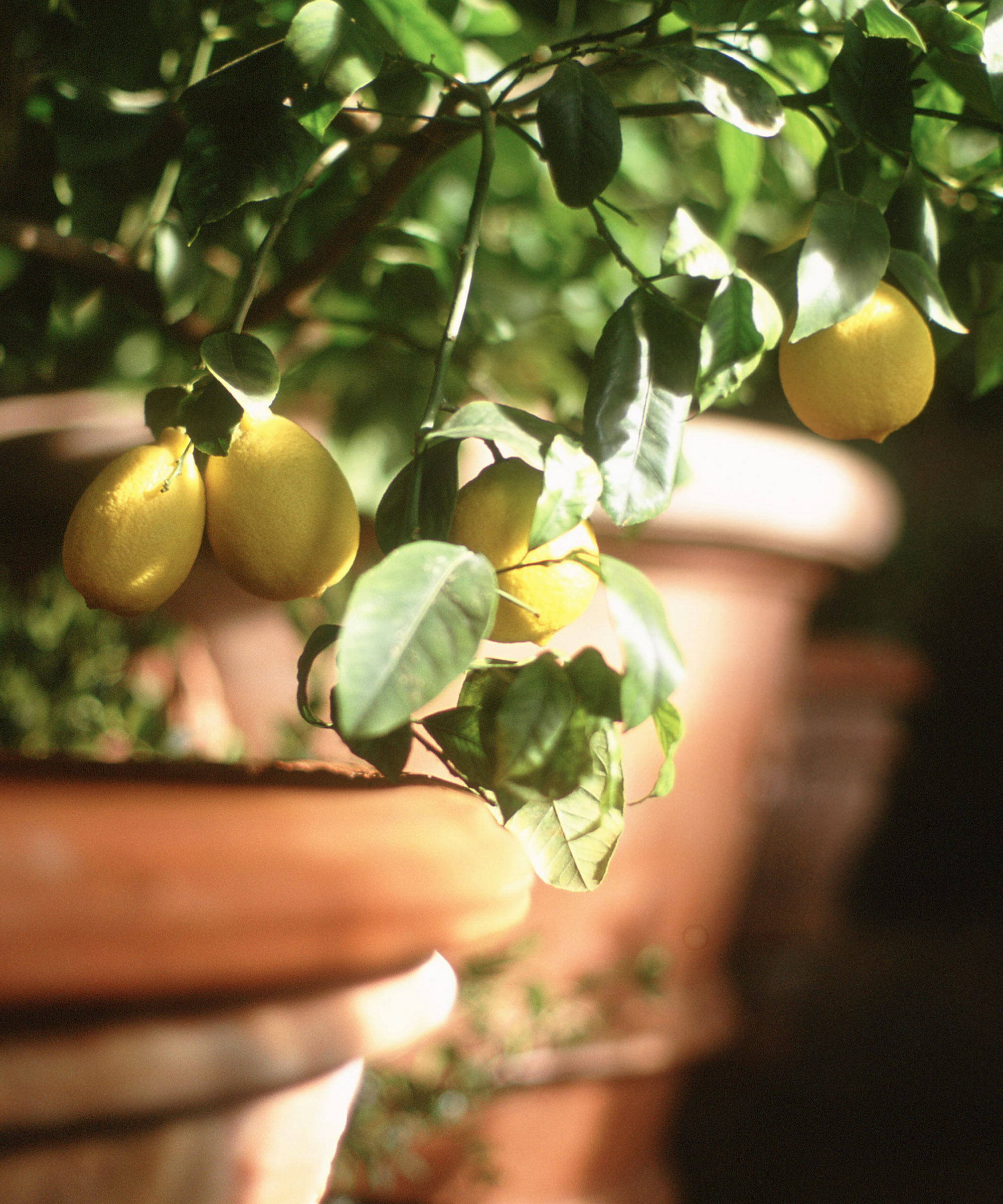
Lemons are highly attractive and low-maintenance trees for pots. A lemon tree can bring a summery feel to any space as you can enjoy the fragrant flowers and fruits with little fuss. Lemon trees in pots will require regular watering, especially during the warmer months, and frequent feeding with a dedicated citrus tree fertilizer, such as this lemon tree fertilizer at Walmart. However, lemon trees don’t need much pruning and can potentially flower and fruit year-round.
Tamara Hogan describes lemons, and other citrus trees, as ‘dependable’ plants that can be grown in almost any situation. ‘They can be kept indoors year-round and provide multiple harvests of lemon after fully established,’ she says. ‘They do great being moved indoors and outside for warmer months so even if you are in a location where it gets a little chilly, you can still enjoy the wonderful scent of lemon.’
2. Orange trees
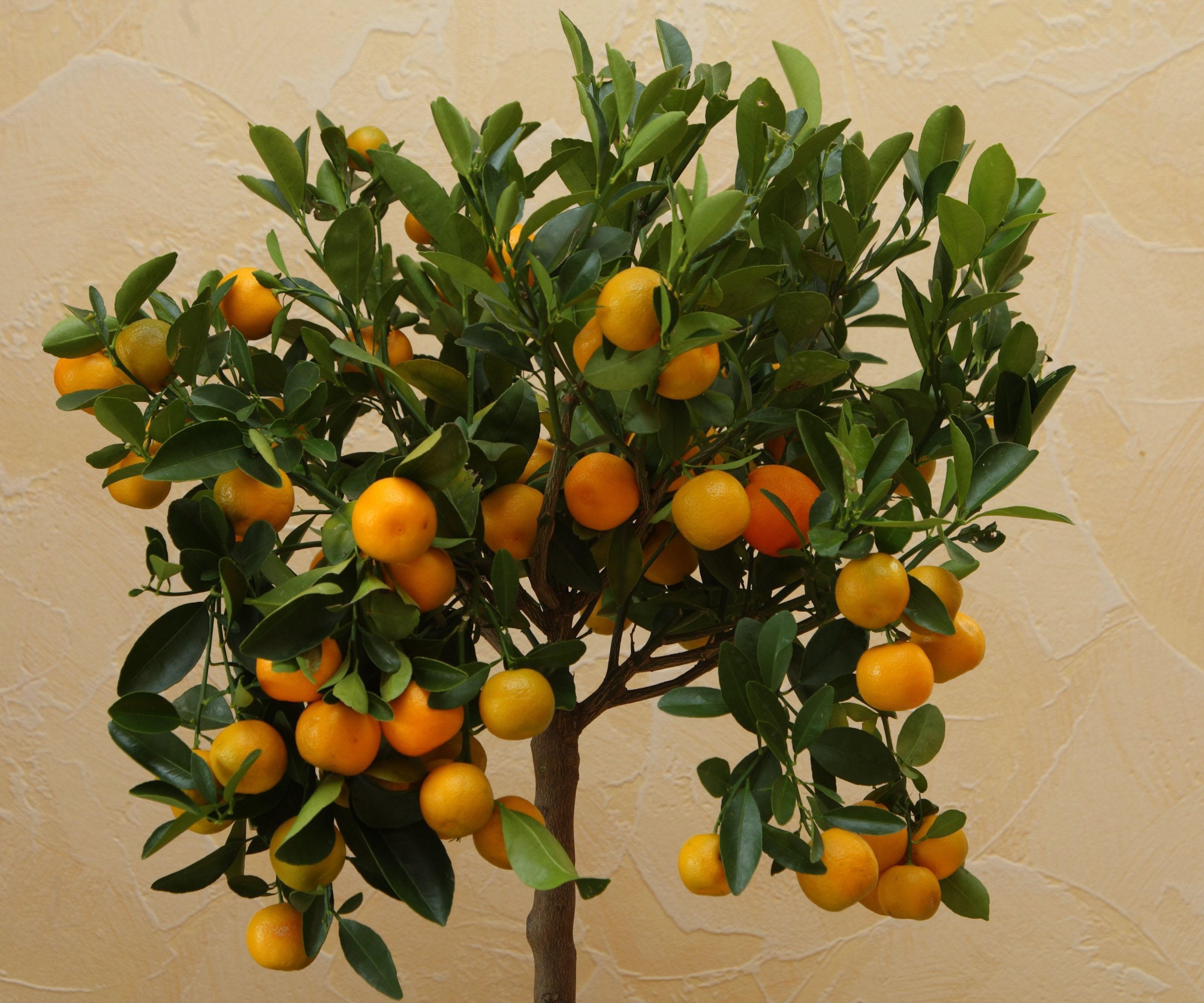
Very similar to lemon trees, orange and mandarin trees can happily grow in pots outdoors and dwarf varieties can thrive as indoor fruit trees. Many oranges and mandarins are self-pollinating, so you can get fruit with only one plant - however, a second tree will increase the crop.
Design expertise in your inbox – from inspiring decorating ideas and beautiful celebrity homes to practical gardening advice and shopping round-ups.
Tamara Hogan claims oranges can be a ‘great beginner plant as long as they are not planted in too big of a pot’. Use a container only a few inches larger than the tree’s root ball and keep transplanting up, which is better than starting in a huge container with lots of excess soil that can promote root rot.
Plants will need regular watering, but should not sit too wet. Use your fingers to check the soil moisture levels a few inches under the surface to judge when to water plants in containers. When you water, stop when it flows out the drainage holes at the bottom of the pot.
Find the perfect planter for your new fruit tree
3. Fig trees
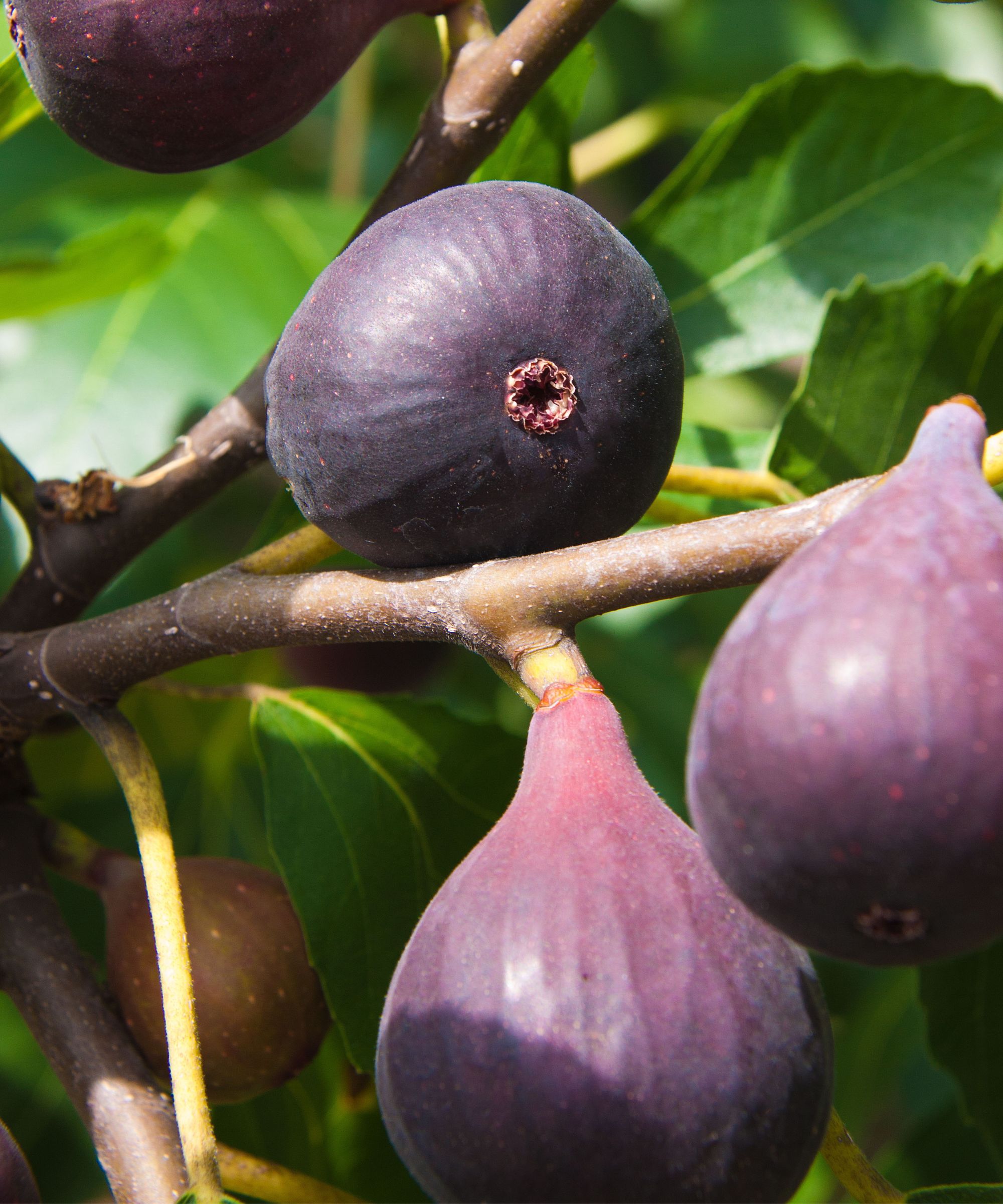
Conjure the feeling of a Mediterranean garden by growing a fig tree in a pot. The advantages of figs are that they are drought-tolerant fruit trees once established, they do not mind confined roots in pots, and you can get self-pollinating varieties. Fig trees are hardy in US hardiness zones 8-10 but can be moved indoors or wrapped if the temperatures drop.
They are fast-growing fruit trees so fig trees will need pruning, but Tamara Hogan claims they will respond happily to any trimming. ‘Oftentimes plants in pots need to have a haircut at some point to be able to help support the size of the container and plant,’ she says. ‘Figs are one that handle this process really well.’ Prune a fig tree when it is dormant and avoid cutting in summer, as they will bleed sap and be vulnerable to infection.
4. Patio peach trees
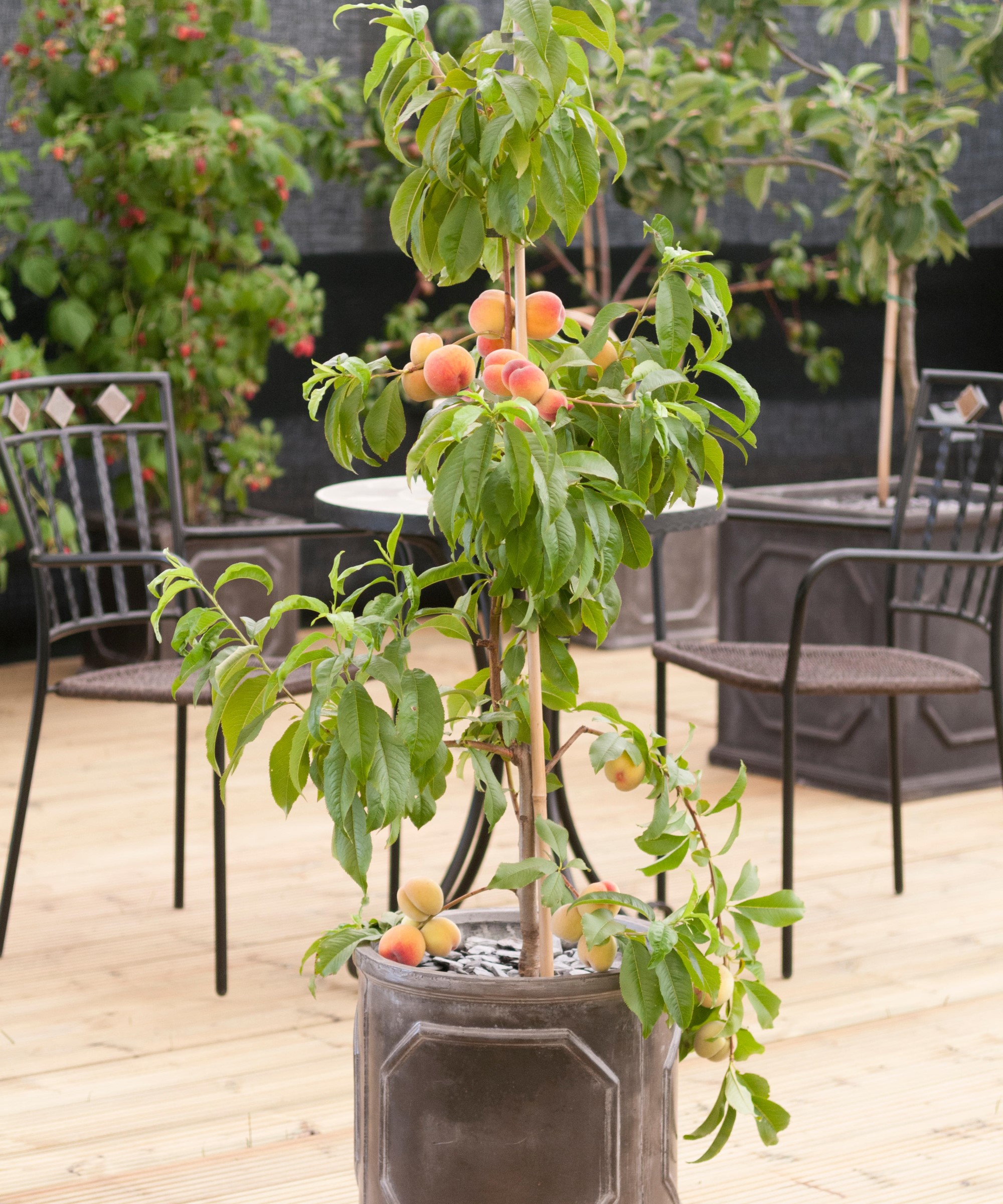
‘Patio peaches have been bred to stay small. With their beautiful blossoms, even in a container you can appreciate their bit of spring,’ says Tamara Hogan. Peach trees are known for their beautiful spring blossom and the juicy, sweet fruits that follow in summer and it is simple to grow and care for peach trees in pots.
Such patio peaches may be bred to be smaller in stature, but the peaches you harvest will be full-size. They offer great potential for a harvest of peaches in a small space on a deck, patio, balcony, or indoors.
‘A true dwarf lets you be able to harvest peaches without the need for a mass amount of acreage,’ adds Tamara. ‘Peaches can also handle more direct light than some of the citrus trees can.’ Peach trees do love warmth and want to grow in a sunny spot.
5. Lime trees
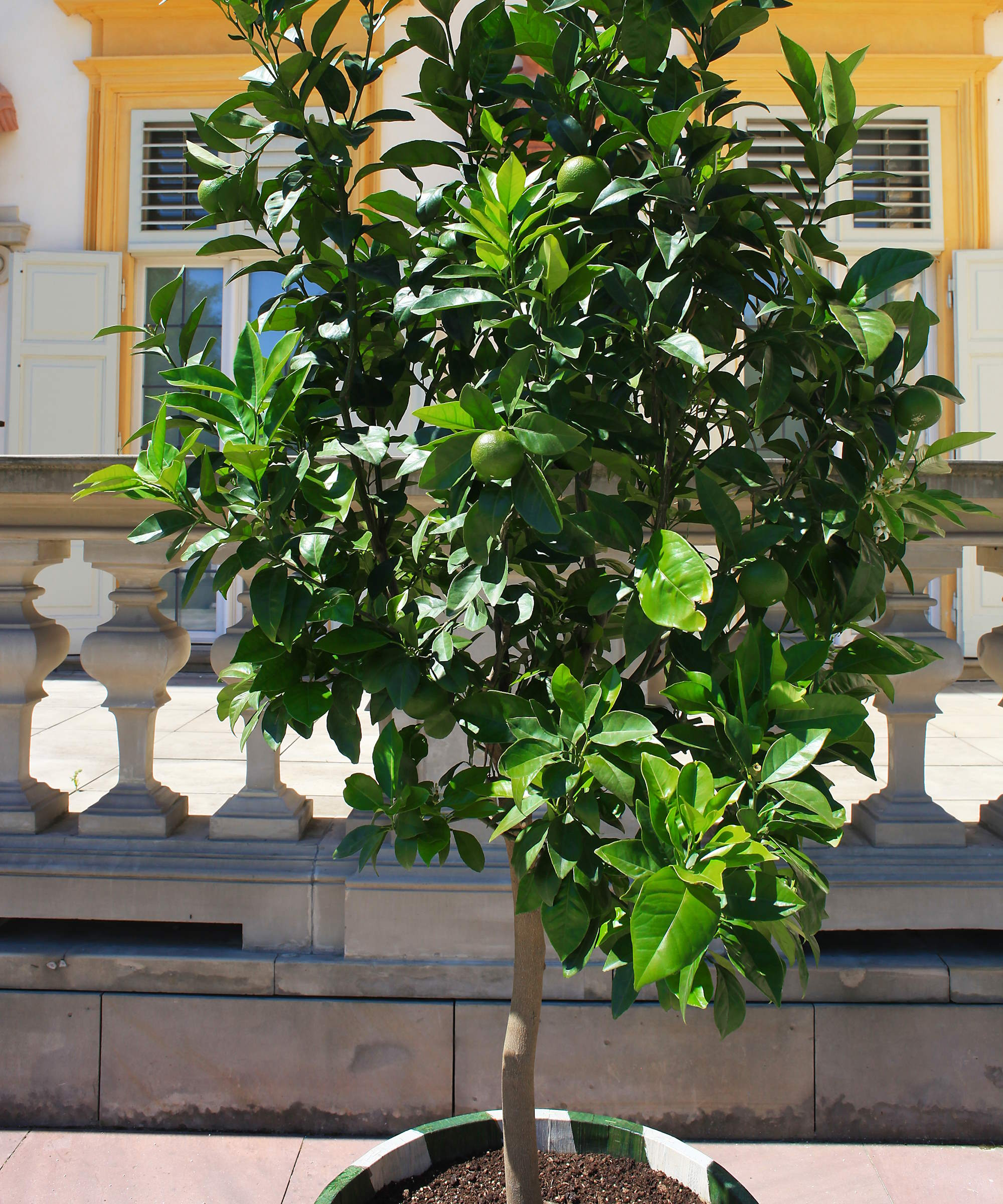
Yet another citrus tree is on the list, but you can get a great yield of tangy and delicious limes by growing lime trees in pots on a sunny deck or patio, or indoors in a sunny conservatory or porch.
Pick a sunny spot that gets 6-8 hours of direct sunlight a day to get a lime tree to fruit and keep plants well-watered, but not sitting with wet feet. Overwatering will mean struggling citrus trees, so check the moisture levels with your finger as mentioned above or use a soil moisture meter, available at Walmart, to judge when to water plants.
Tamara Hogan hails the flexibility of harvest time, and the potential for multiple harvests, of lime trees, saying: ‘ If you want a very tart lime, harvest a little early. If you want it to develop a more sweet flavor, keep it on until they start to almost go yellow. It gives you a range of culinary uses while still being something that could be kept indoors year-round.’
Even though those listed above are the easiest fruit trees to grow in pots, they still require proper care. That includes using well-draining potting soil, giving plants regular deep waterings rather than a ‘little and often’ approach, and having a consistent feeding regime to give the trees the nutrients they need.
Recommended fertilizers for fruit trees include an organic balanced feed in spring followed by high-potassium liquid feeds after fruiting, or specially formulated fertilizers for citrus trees.

Drew has worked as a writer since 2008 and was also a professional gardener for many years. As a trained horticulturist, he worked in prestigious historic gardens, including Hanbury Hall and the world-famous Hidcote Manor Garden. He also spent time as a specialist kitchen gardener at Soho Farmhouse and Netherby Hall, where he grew vegetables, fruit, herbs, and cut flowers for restaurants. Drew has written for numerous print and online publications and is an allotment holder and garden blogger. He is shortlisted for the Digital Gardening Writer of the Year at the 2025 Garden Media Guild Awards.
